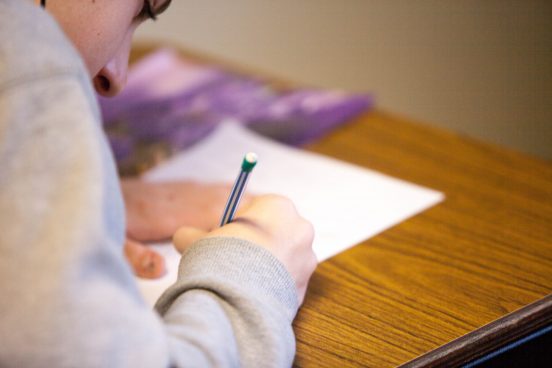In class this week, we discussed our visit to PSII, looked over one of their report cards, and discussed the structure and advantages of anecdotal report cards.
We covered the assessment educational competency.
Unlike typical report cards, teachers’ report anecdotally on students’ progress in each subject through capturing their experiences, strengths and areas of development. Valerie told us about how parents can actually request that their children receive anecdotal report cards rather than the traditional letter grade or percentage. This was so surprising to me! I had no idea this was even an option throughout my education, and it seemed that many of my classmates were in the same boat.
From my personal experience, in grades 4 and 5, I had an amazing teacher who actually did give out anecdotal report cards which broke down our strengths and weaknesses in each subject. What a great two years these were for me! It is clear to me now that my teacher was ahead of the ball game, and I can only imagine what a difference it would have made if this method of assessment had followed me throughout middle and high school. The struggles that me and many of my peers experienced – test anxiety, stressing over grades, the pressure to succeed, the sheer fear of anything less than a “B” – would not have taken over as much of my life had anecdotal report cards and more modern methods of assessment been practiced by my teachers. This is something I would like to take forward as an educator, to make this difference for my students and to help push the education system to being more in line with the type of learning we are now trying to encourage.
-Jess






Comments by jessicah